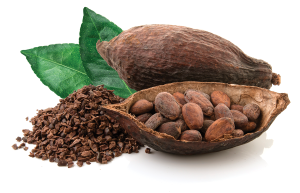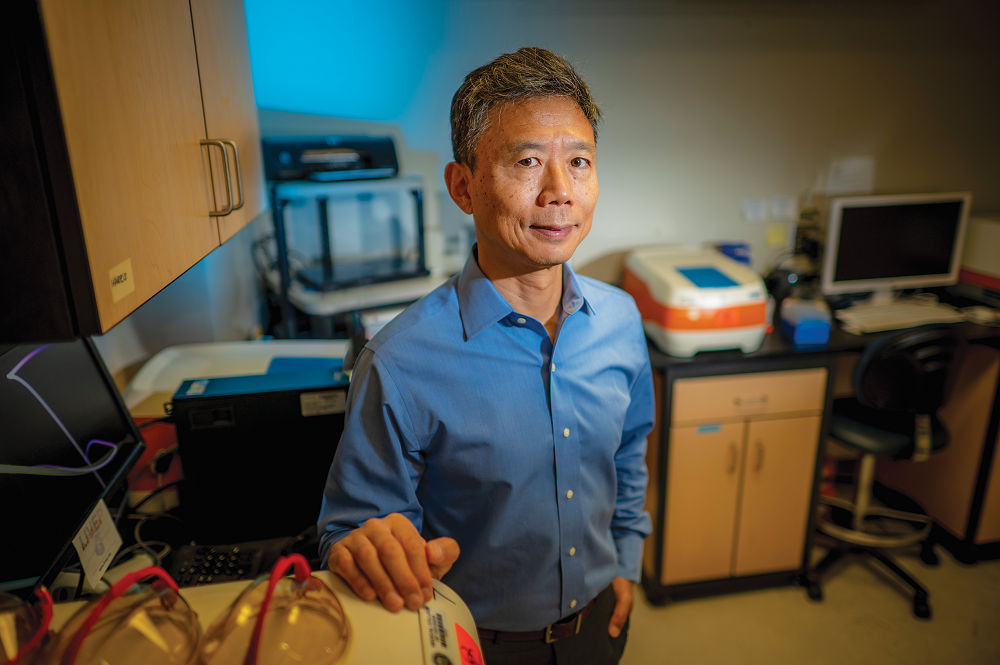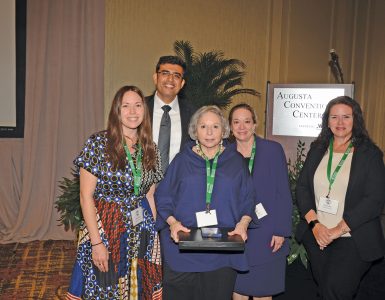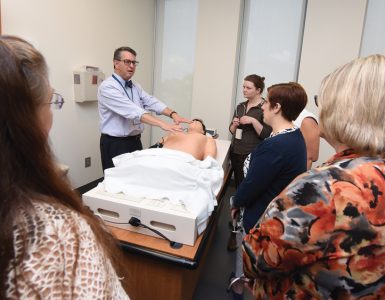Whether consuming cocoa, known to be packed with powerful antioxidants that protect our cells from damage, helps us age better, is a question scientists want to definitively answer.
antioxidants that protect our cells from damage, helps us age better, is a question scientists want to definitively answer.
They are looking for answers in the blood of 600 individuals age 60 and older who participated in the largest trial ever to assess the impact of a cocoa supplement as well as a common multivitamin, on reducing the risk of heart disease, stroke, cancer and other health outcomes, says Dr. Yanbin Dong, geneticist and cardiologist at the MCG Georgia Prevention Institute.
The COSMOS Trial (COcoa Supplement and Multivitamin Outcomes Study), led by investigators at Brigham and Women’s Hospital and the Fred Hutchinson Cancer Research Center, gathered data from 21,444 men and women looking at the impact of a cocoa extract supplement and/or multivitamins on common health problems, most of which increase with age.

Dong received a $3 million grant from the National Institutes of Health to perform detailed analysis of inflammatory factors and genetic changes associated with aging to see if cocoa consumption reduces those factors. Flavanols, antioxidants known to produce a powerful anti-inflammatory response, are considered the beneficial component, and cocoa beans are considered are good source of these antioxidants.
But industry experts note that flavanols are often destroyed in normal cocoa and chocolate processing. So, while chocolate may contain some cocoa flavanols, chocolate is not a reliable source of these compounds, and it does not have the right nutritional qualities to be consumed as a health food.
Dong notes that there also is not solid evidence that multivitamins, the most commonly used supplement, which is widely associated with benefits like reduced cancer risk, are of benefit either.
He and his colleagues will be looking specifically at aging, including so called “inflammaging,” and epigenetic aging, both considered good indicators of our biological age. Rather than just looking at the year you were born, biological age also takes into account key factors that impact your function and health, like genetics and lifestyle. He also has more standard aging measures on these individuals, like blood pressure and cognitive function tests.
Dong will be analyzing levels of key pro- and anti-inflammatory factors at baseline, and year one and two of the COSMOS Trial in the blood of those taking the cocoa supplement, a multivitamin, both or neither. He’ll also be doing sophisticated, extensive genetic analysis looking for gene changes that correlate with aging, and using “epigenetic clocks” that can calculate biological age based on the amount of DNA methylation.
The investigators central hypothesis is that cocoa supplementation reduces epigenetic aging and inflammaging, consequently reducing the risk of cardiovascular disease, the nation’s number one killer which tends to increase in incidence at age 65 and older. If they find inflammaging and cardiovascular disease indicators are reduced, they want to know if it’s reductions in epigenetic changes driving the improvements.
Dong’s collaborators on the new studies include COSMOS principal investigators Dr. JoAnn E. Manson and Dr. Howard D. Sesso from Brigham and Women’s Hospital and Harvard University.








